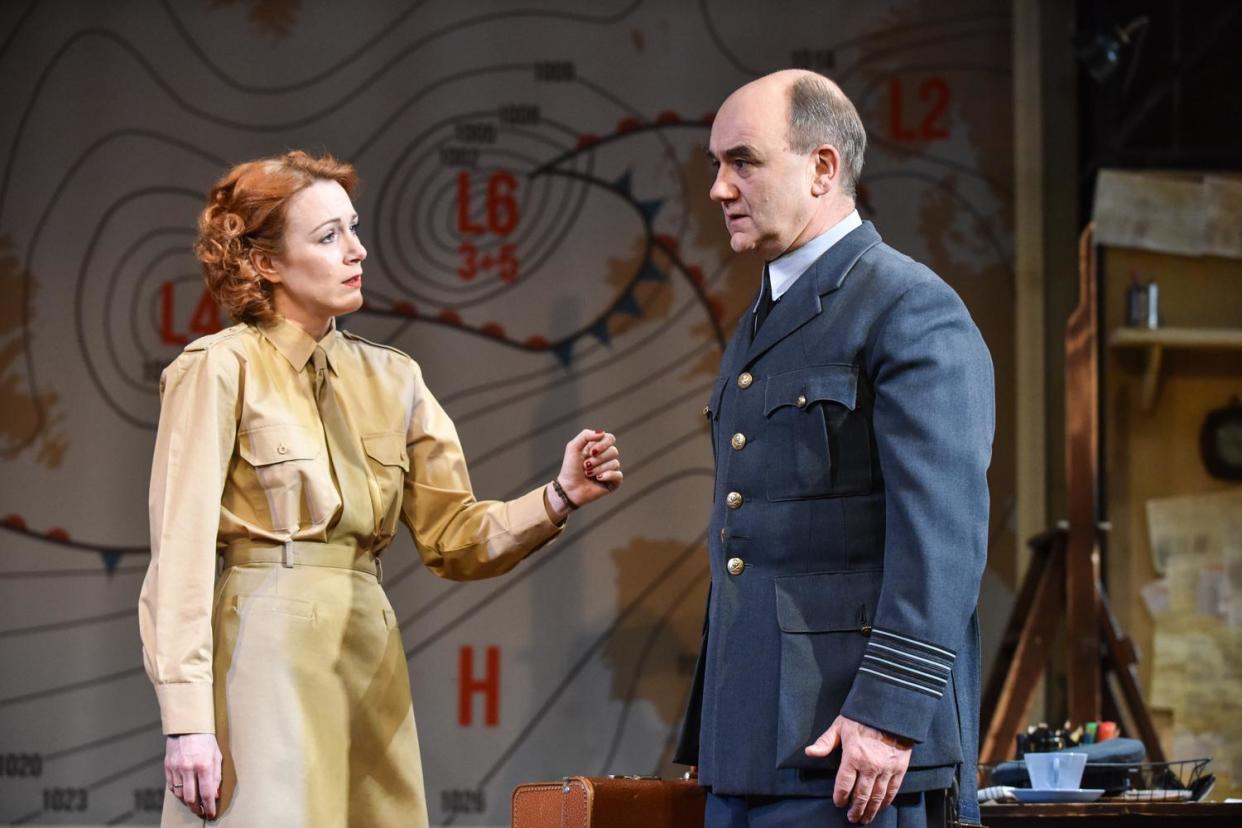David Haig: Thriller about D-Day weather 'could only have been written in Britain'

As David Haig puts it: “Perhaps only in Britain could one succeed in writing a thriller about the weather.”
The actor, 65, is bringing his play Pressure, about the vital role weather forecasters played during the Allied invasion of occupied France in 1944, to London.
He stars as Group Captain James Stagg, a “dour, tenacious Scot” who was part of the Allied Meteorological Unit and advised General Dwight D Eisenhower on the timing of the D-Day landings in Normandy.
The invasion was scheduled for June 5 but, Haig said, “Stagg essentially saves Europe by persuading Eisenhower to delay by 24 hours, thereby saving probably 80,000 lives, because all the landing craft crossing the Channel were flat-bottomed and would have gone over in the storms he predicted.
Stagg’s genius was that he spotted a storm slowing down over Newfoundland and went back to Eisenhower and said, ‘We were right to postpone but if you go [on June 6] there will be a window of eight hours and the Germans won’t be expecting you’. Eisenhower went and the rest is history.”
Haig said he was excited one of the original forecasters could attend the play’s run, which begins on March 28 at Park Theatre in Finsbury Park.
Imelda Vahey, 87, from Co Mayo in Ireland, was 12 when she was taken out of school in 1944 to help carry out readings at the weather station in Claremorris, near her family farm. The data was passed to Dublin and then to the Allies. On June 5, the station’s warnings of impending storms led to the 24-hour delay.
Mrs Vahey, who moved to England in 1950, told the Standard: “I used to love going up and looking at the clouds... I was young and I didn’t really realise. But later it really hit home what it signified. You understand that you are, in a way, part of the history.”

 Yahoo News
Yahoo News 
